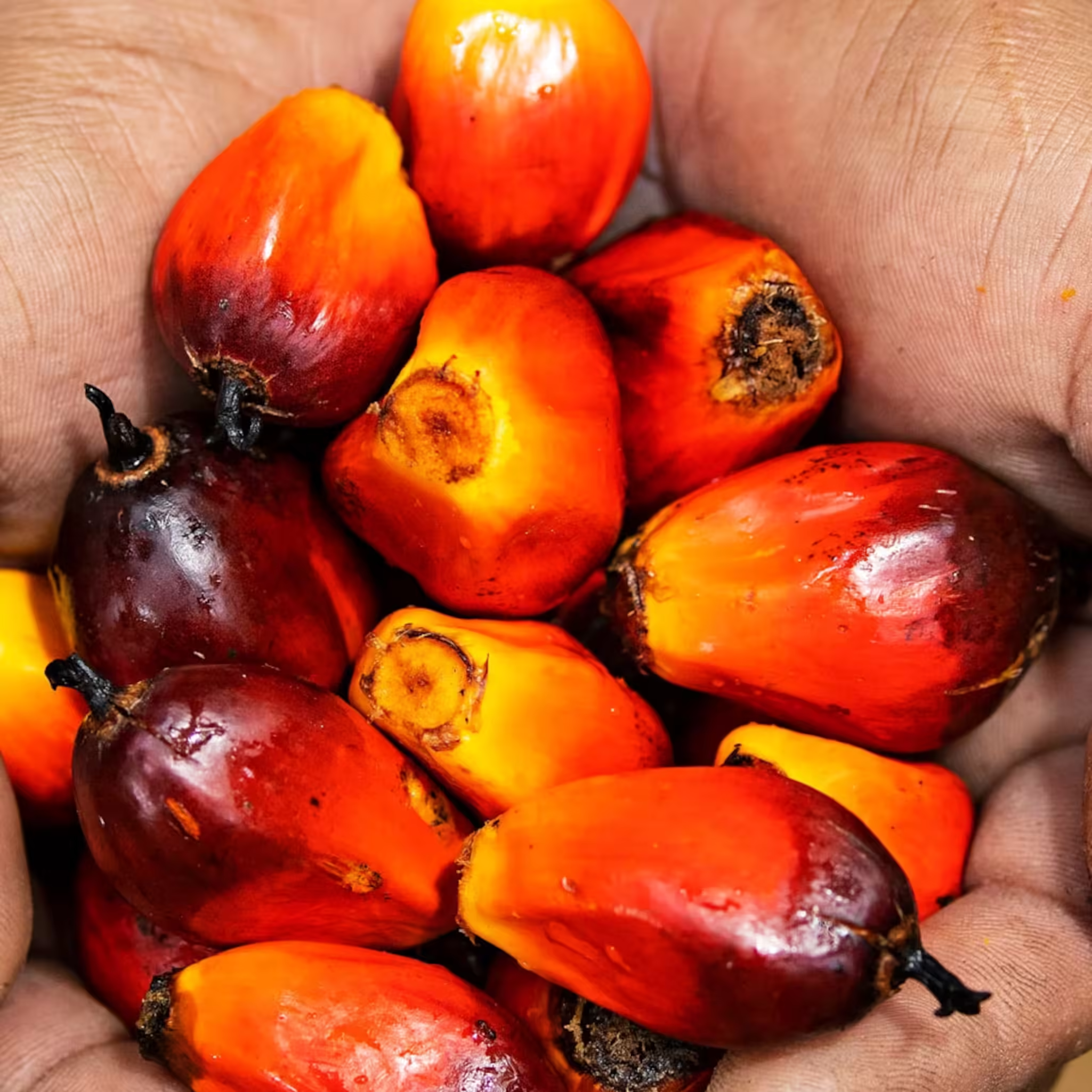Palm oil has several disadvantages, including:
- Deforestation
- Palm oil plantations are often built on tropical forests, which destroys the habitats of endangered species like the Sumatran tiger, orangutan, and pygmy elephant.

Greenhouse gas emissions
Burning forests to make room for palm oil plantations releases millions of tons of greenhouse gases into the atmosphere
- Soil and water pollutionIntensive cultivation methods can pollute and erode soil, and contaminate water.
- Human-wildlife conflictAs forested habitats shrink, animals may live closer to people and crops, which can lead to conflict.
Palm oil can have several negative health effects, including:
Increased cholesterol: Palm oil is high in saturated fat, which can increase levels of “bad” LDL cholesterol and triglycerides. These are risk factors for heart disease.
Slowed blood clotting: Palm oil can slow blood clotting, which can increase the risk of bruising and bleeding if taken with other medications that slow blood clotting.
Insulin resistance: Palmitic acid, a saturated fatty acid in palm oil, may contribute to insulin resistance. This means cells don’t respond well to insulin, which can cause a buildup of glucose in the blood.
Cancer: Some studies suggest palm oil could be linked to certain cancer risks.
Leave a Reply